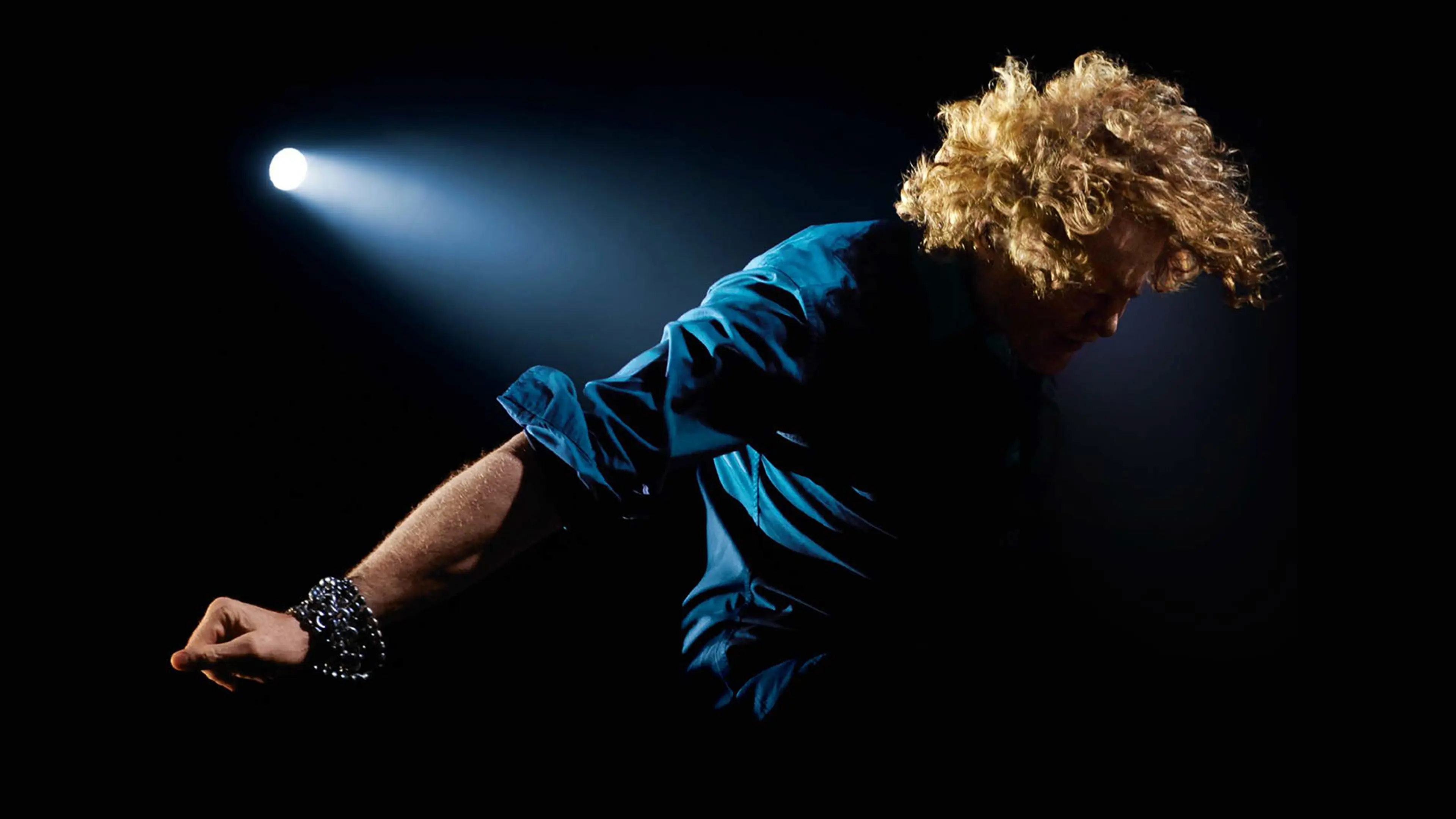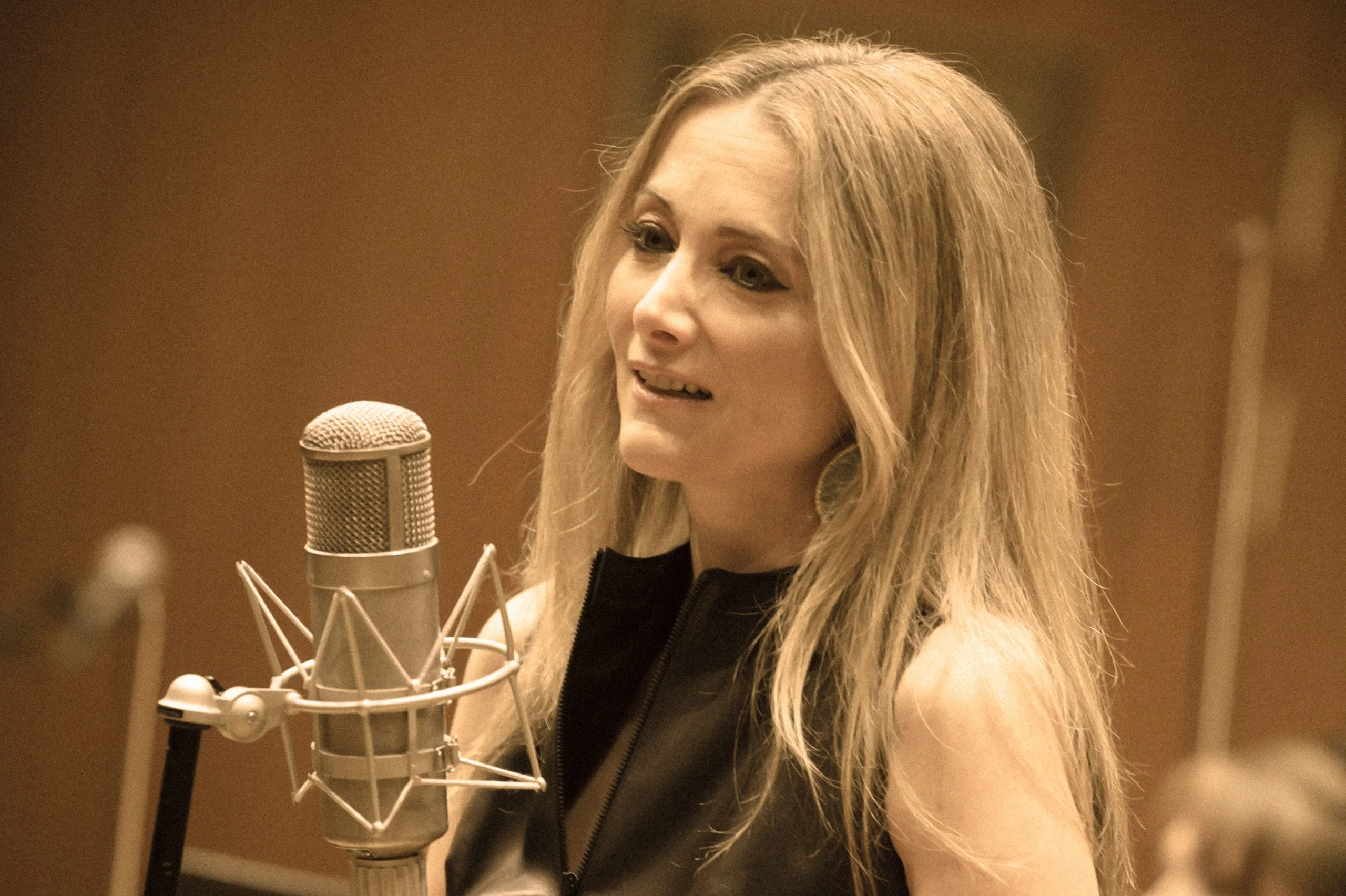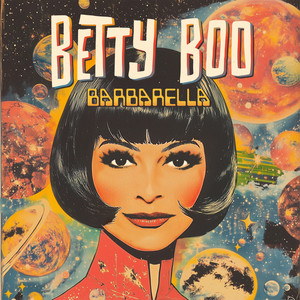What does a producer do?
Over the years a lot of people have asked me what it is that a record producer actually does – and it’s still a question that regularly comes up. I recently sat and talked it through with old friend and writing partner Tim Benson – and we put down a few of the thoughts that came out…

Is it a nine-to-five role, is there any kind of typical day?
It’s really not – I’ve known people try to make it work that way but you just can’t. There can be a fair amount of delegation. And actually, you may need to move in and out of a project a bit to enable things to happen. But budgets are generally too small to work nine-to-five, you’ve got to be super-engaged to get things done.
If it is a big budget, with a bigger artist, you can afford to delegate more. But if you’re successful you’ve probably got a lot of jobs going on and you can’t pan it out over too long – you’ve got a deadline – somehow you’ve got to make it all happen.
Do you have a target number of hours that you would typically work; say 10 hours, 12 hours?
It really varies. I’ll typically leave the house at 10 or 10.30 in the morning and I don’t get back until about 11pm. I might start disengaging around 10 o’ clock at night, but even then I might have had dinner with the artist for the two hours leading up to that – it’s all a part of the job. But that would be my normal day. Gavin Goldberg, who I work with and do a lot of records with, often works on until 3am – but he starts later. Together we make a good team that way.
Is it a technical or an artistic job?
It’s technical, it’s artistic, it’s creative, it’s social – it’s about being a good communicator, it’s psychological. There are many facets. Anything you can’t do technically, you need to have someone there who can. Back in the day I’d always have an engineer included on the budget – I programmed music and computers so I suppose I would have been regarded as quite technical. These days I’ve got Gavin working alongside me – and he’ll take care of a lot of that.

Do you have to be able to read music?
You don’t, no – although anything you can do to help achieve your task is an advantage. I find it useful, but if I couldn’t read music I’d just have to communicate my thoughts differently. Over the years I’ve used orchestras a lot in my work, so if we do an orchestral session I’m able to follow the score. I’m not a quick reader, but I can follow a score and make suggestions as to how I want to improve a part or the feel of it – and relay that to the conductor and orchestra leader. It’s definitely an advantage but it’s not an essential.
So you can delegate if it’s an area you’re not familiar with?
You can. If you’re recording live musicians you’d need to be able to set the mics up, know how to use compressors, outboard-gear, plug-ins. But maybe if you’re able to do that you might not be quite so good at other parts of the job – and you might need somebody else to help with that. In my case, I don’t generally sound engineer band recordings. I’ll set up mics for vocals, set up my own compression levels, things like that – but it’s fairly easy knowledge to acquire.
What kind of personal characteristics make somebody a good producer?
What I’ve found really interesting with great producers, top producers, is they’re always super-nice people on a personal level. They engage, they never make people feel small – they make everybody feel good around them.
I think it’s one of the most important aspects of the job. If we’re doing a live session I know I can delegate a lot of the technical stuff – my focus is on getting everyone feeling great.
So would you compare it to other roles like film director, project manager, svengali, or mentor?
It depends on the person you’re working with. If someone needs a lot of support there’s a confidence-building job to do. You’ve got to be able to read people from that point of view. You need to be able to give technical pointers critical to the performance, but also make somebody feel it’s the happiest day of their life.
On the other hand, if a performer is very competent and confident, they may not realise there’s still room to improve – so throwing in a bit of extra, trying to get the absolute best – it’s just a different aspect, it needs different tactics.

Would you recommend it as a career?
I think it’s changed a lot. The whole music industry has changed enormously. Back when I started you saw a route to the top, a route to making a very good living out of being a record producer. These days it’s harder to imagine how you would do that.
Occasionally, I speak at music colleges or give talks – and most of the young producers are really just working with software and building their own tracks and getting a singer on top. The sort of job that I do, there aren’t so many of us.
There aren’t the studios to train at and work in. I got into studios working for people as a programmer – that period between 1985 and 2005 it was an absolute essential. Since then, gradually, the programming has gone into the hands of the engineer and the artist, it’s worked out that producers have become part of the artistic team as opposed to external. That’s a big change. But would I recommend it as a career? It depends on your motivation. If your motivation is pure enough, artistic enough and you have a love of music then why not? It’s a wonderful thing to do. But if your idea is to be rich and famous, join the back of the queue and do your best. There are better ways, easier ways to make money. I’m very lucky that I’ve managed to have a good career and I wouldn’t change it for the world.
What’s the hardest thing about being a producer?
The breadth of the task and the money-making.
Getting people to work with you, great people, is not always so easy – you have to work at that and look for opportunities.
A lot of things come my way because my resume and CV are good, and I’m seen as someone you can throw your money at and expect to get a good result. But the idea someone has a magic wand because they’ve had success is totally false – it’s all just down to hard work – sheer graft, following things right through to the end.
What staff do you have? Tell us about your team?
Gavin Goldberg is my right hand man. If we’re doing a co-production, most of the work will come to me initially, I’ll handle the first exchanges with artists. I’ll often do pre-production myself and we’ll discuss what the record needs and then I’ll set out the schedule. I’ll do all the project management from finances to making sure everyone is there at the right time in the right place. If we’re working on a live session there’ll be four of us – me, Gavin, Lewis Chapman, a proficient pro tools user and sound engineer – and Louis Murray, an assistant helping set things up, taking care of people.
When the session starts Gavin will take care of how everything sounds whilst I keep an eye on the artist’s wellbeing. During the recording Gavin and I will be discussing what we are hearing and we will give feedback to the performers. After this we will often invite the artist and musicians to take a listen in the control room and discuss whether or not we have it or whether we need to make changes and go for it again.
Beyond that there’s editing, there’s often extra vocal work to do, overdubs, backing vocals all that sort of thing. And when we’re really happy with the multitrack, Gavin will mix it. I’ll take part by evaluating mixes before anyone else does, and by giving steers.
So that’s our regular team and how we work. Our slightly wider team includes around ten musicians that we draw from and integrate into projects that don’t already have musicians.

Traditionally, the tea boy role was the way in to the recording world, at ground level. Does Louis fit into that tradition?
He really does. I didn’t have him for a year and a half and I had the big studio, it’s a big place it needs keeping straight. It needs someone sometimes to just do tasks, go and get food for everyone, set the table, call for cabs. That’s how it was when I started – a tea boy, a tape-op, an engineer and the producer.
A lot of those tea boys have gone on to amazing things.
Absolutely, but there was no side-stepping that. If you went to a studio to learn to be a sound engineer you went through that route to get to be a producer. There’s a well known story about how Mark Ellis picked up the nickname ‘Flood’. It was at a session for The Cure, there were two tea boys – Robert Smith nicknamed them Flood and Drought – as one of them always made tea and the other didn’t make any. Flood did pretty well, no idea what happened to Drought. The tea boy role doesn’t really make sense in a lot of recording scenarios these days – and there aren’t the big recording studios – so the role has more or less gone..
How do you attract new projects?
For me, I’ve got a website, an on-line presence, there’s enough written about me and enough successful records produced by me for people to be able to take a look and see that. I think half the time people just like the collection of names I’ve worked with. A lot of it’s down to reputation. But as soon as a possibility is there and I see the opportunity, I have to really work at that, at getting the job into the studio.
A client may not have made their mind up, they’ll want to have meetings, they’ll have some money to spend but they’ll probably need accommodating, I’ll need to show that I can work within their financial constraints. But then it all starts to bubble.
The important thing I know is that if I’m not proactive in that system, then I probably won’t get the job.
You don’t have a manager or an agent looking for projects?
I’ve been managing myself for twelve years. If you’ve built up a sufficient name and background and there’s an artist out there whose got you on their radar – they’ve checked you out, they’ve had a meeting with you, you’ve said what they want to hear, and you’re what they need – then you’ve got a chance of that job.
Without a good resume it’s harder, you’d have to go the extra mile, maybe offer to do a track speculatively, at no charge. If it’s an unsigned artist and they go on to get a deal you’re in a position to get the job. On the other hand, it’s surprising how often you don’t get the job when you put in that kind of work. It can be a very cruel scenario. I’m actually on the other side of that fence now – I get the jobs someone else may have put the work into up front, but the label don’t want that person for the actual record. I feel sorry for them in that respect but of course I have to do my job too – that’s business.

Is there a typical arc or through-line in record production?
It varies from project to project. It depends on how much pre-production has been done in advance by the artist in the song writing process, or by a band in their live and rehearsal context. In my view, if there’s already been some great demos I love to get the multi-tracks and start with those. These days you can manipulate audio in so many ways – you can speed things up, change keys, change the structure – you can try to maximise what was there initially that attracted people to want to do the song. That’s the start point.
We can either build on that – or we might end up not keeping any of it – but it’s a good jumping off point, it’s often the heart of the song. It’s a lovely way of doing it if you can. We do it quite frequently with Simple Minds – Charlie Burchill builds these amazing tracks and then Jim comes and does vocals with me on top of that, and we’ll start with that as our opening.
If you’re working with a band who have had no possibility to demo their songs, we’ll do a day blasting down ideas, discussing stuff. I’ll want to have a lyric sheet. I’ll want to make sure the lyrics are good, that they communicate as well as they can, and if there are any modifications I’ll contribute to that.
Then that would go into a live recording context, evaluating what amps, mics, guitars, effects we need, piano tuning, the works, up front – plus how do we set our room up for recording.
Beyond that, if it’s a band we’ll have hopefully got the structure right in the live room. We might not be doing too much editing, playing around with the song although we might chop a section here and there, but it would then be our aim to really make an effort to try and add to that – to realise the sounds in a more ambitious way than can be achieved by just putting the band up and playing. That might involve amp replacement, work on the drum sounds, it might involve adding extra parts of our own.
We often record vocals live with the band, not in the same room but at the same time. I can then compile the vocal from various takes. If we haven’t got the take we can get the singer in to do additional performances which I’ll then edit. From then on it’s Gavin’s role to do more editing and mixing – trying to realise what we’re aiming for.
If it’s a solo singer I’ll contact my favourite musicians – and if we’ve got the foundations of a track and a demo, we’ll go through it with the band. I’ll do charts, chords and structure for them in advance so they know the track and then we’re starting from a point where everyone knows what the song is and we can decide if we want changes.
Sometimes it might be a case of ‘can you do this song in the style of…’ That’s a manoeuvre we might take – if the track sounds like a soul song and we want it to sound retro we might look at Spotify and find a track like Many Rivers To Cross, and say, ‘can you do a rhythm like that?’ It’s kind of interactive.
Do you have any routines or moves you can fall back on if the vibe isn’t that great?
If there’s a problem and it’s not happening, we have to work out where the problem lies.
If it’s just the energy of the track not coming over, sometimes you’ve got to pull it right down. If your system for making a record is good but not happening and it’s only ever going to be good in the way that you’re doing it, you’ve got to find a different way to get a great result.
Sometimes it might be a simple thing like taking the band to the pub, to clear out whatever is stuck. It might be a technical thing regarding one of the musicians – maybe we’ll need to get a different sound going for them, modify their part.
We recently worked with a really good band, but what we didn’t know before they got into the studio was that they were a bit all over the place timing-wise and we needed to put them on to a click pretty urgently.
Their ideas were better than their chops, so I had manoeuvres, one of which was to get the drummer to go and play the groove in free time on his own, just go ahead and play it, no click. And then when we heard a really funky bar we edited it – it was roughly in tempo and we just stretched the playing until it hit the grid in a way where we could link/loop him to the click. But totally around his groove. So you’re just manoeuvring all the time.
The worst thing you can do is to make people feel bad, feel small, inadequate, less good than other bands you’ve worked with – anything like that is a total no-no. And you can always turn up the sound, enveloping everybody in the music, because it always sounds better loud! Do you have a signature sound?
I can’t say that I do. Sometimes people say ‘oh that sounds like one of your tracks’ – but I think they’re probably just flattering me. I can’t really have a signature sound because I can’t use the same sounds on a Jeff Beck record as I could on a Pavarotti record. Maybe a bad example, but I think it’s for other people to say. Occasionally someone comes along – William Orbit you could say has got a bit of a sound, Mark Ronson is considered to have a sound – you don’t find many these days. Would you say George Martin had a sound?
Who inspires you as a producer – who’s the best you’ve worked with?
When I was working as a musician I think I ended up liking producers for different qualities. Dave Stewart is very positive – I really love that about him, I really like his general vibe. Working with Flood – he was very studious, quite technical, very hard working. Alan Moulder, brilliant engineer, brilliant sound guy, always made me feel like the best – again, that’s really drawing on the idea that positivity is hugely important.
What’s your favourite part of making a record?
I like the beginning. I love the possibilities, the planning, coming up with artistic ideas. I love the live recording sessions, they’re fantastic.
What is the most important thing you need to bring as a producer?
The record. It sounds really trite, but the most important thing is the record and how it sounds coming out of the speakers. In terms of delivering production there’s nothing more important than that. How you achieve it, how you get there is entirely up to you. If you’re not good with people and you deliver a great record you won’t get to work with those people again. But they will have actually got good value out of you – so nothing is more important in the end than what’s coming out of the speakers.
For repeat business you want a great record coming out of the speakers and for people to love you – so you’ve got a chance to work with them again and build a relationship. And there’s a lot to be said for building relationships because once you’ve got those you can work quickly and get to the point faster.
But at the end of the day, if you’re the nicest guy in the world and the record sounds terrible, that’s it – you’ve failed. If you’ve been a total jerk, not done any of the work, delegated everything, been abusive to people along the way, but the record sounds great – in some way, unfortunately, that’s more of a success.
Fundamentally, the most important thing about being a producer is the finished record itself.






